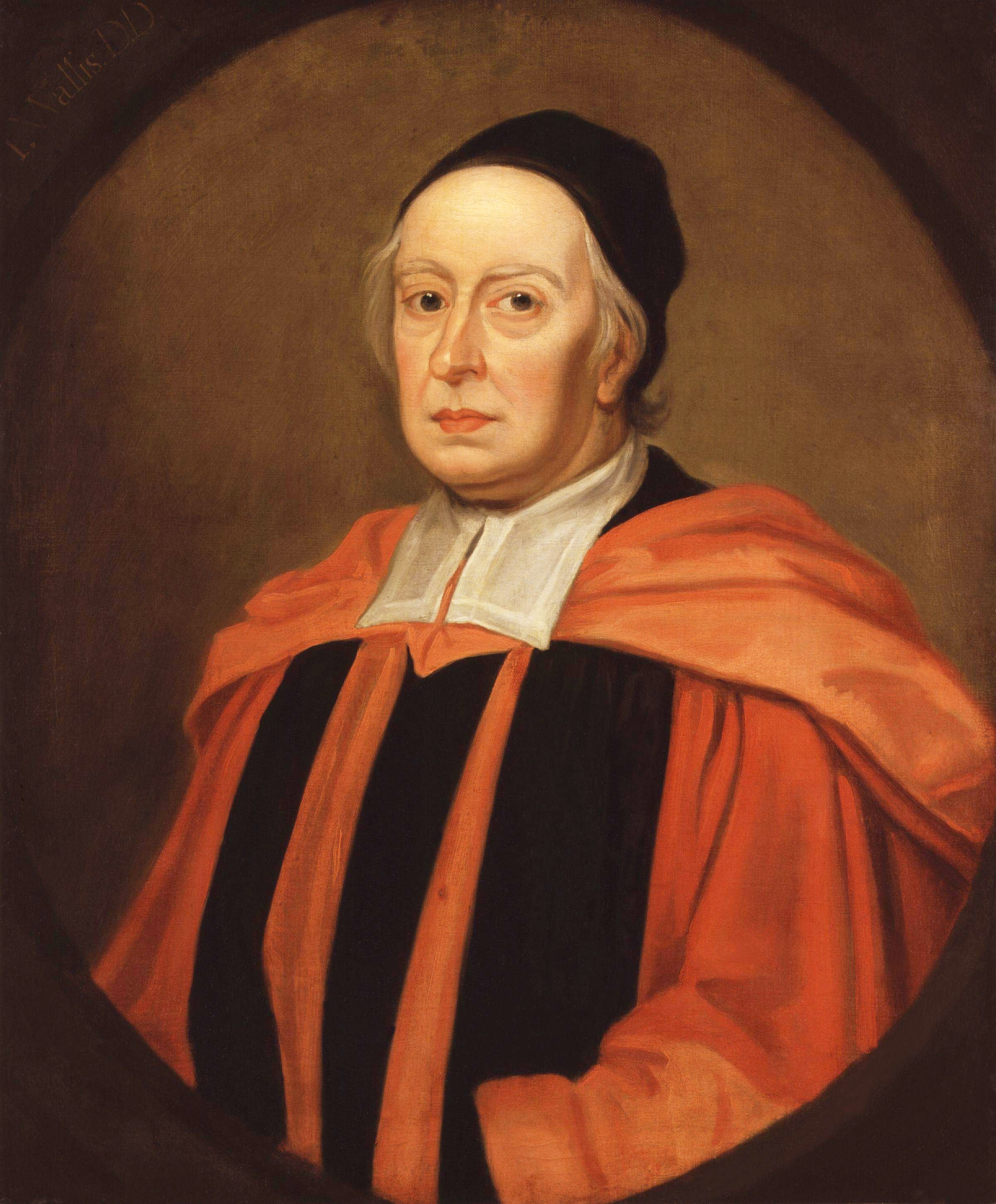p, 125
An Essay on the Art of Decyphering (1737)
John Wallis: Frases en inglés
For every one of those Sumptions, are Aliquot Parts of a b c d e, except the last, (which is the whole,) and instead thereof, 1 is also an Aliquot Part; which makes the number of Aliquot Parts, the same with the Number of Sumptions. Only here is to be understood, (which the Rule should have intimated;) that, all the Numbers proposed, are to be Prime Numbers, and each distinct from the other. For if any of them be Compound Numbers, or any Two of them be the same, the Rule for Aliquot Parts will not hold.
Fuente: A Discourse of Combinations, Alterations, and Aliquot Parts (1685), Ch.I Of the variety of Elections, or Choice, in taking or leaving One or more, out of a certain Number of things proposed.
“This method of mine takes its beginnings where Cavalieri ends his Method of indivisibles.”
...for as his was the Geometry of indivisibles, so I have chosen to call my method the Arithmetic of infinitesimals.
Arithmetica Infinitorum (1656)
